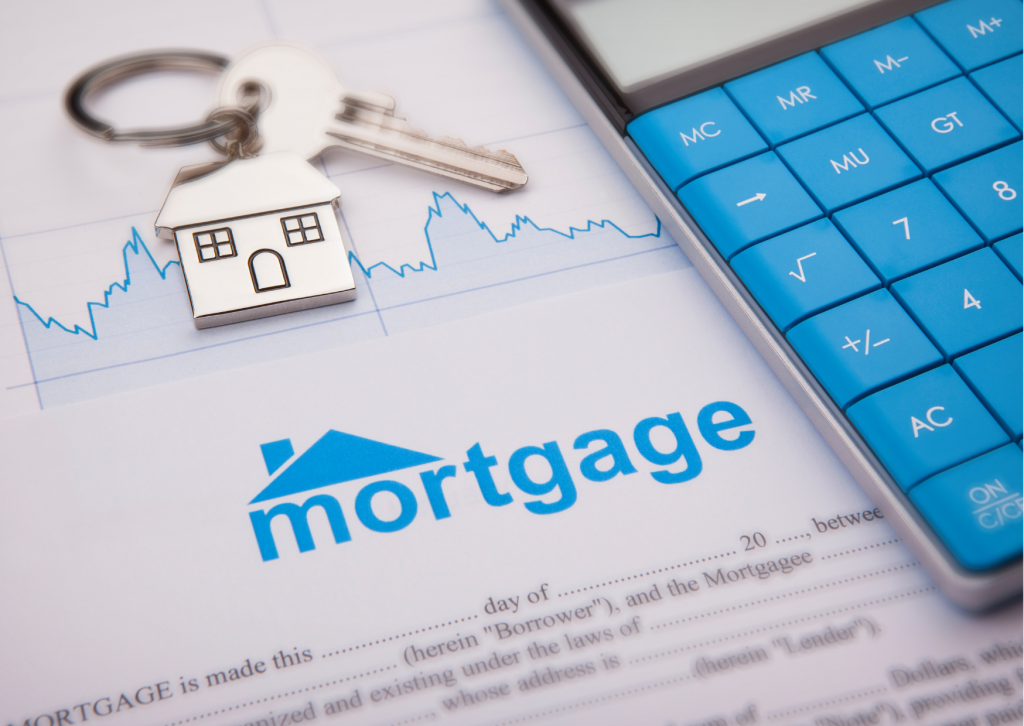Blog
Is It Advisable to Purchase a House or Land Now?

Amidst the global surge in inflation, investors have taken a more cautious approach towards investing. In the stock market, the surge in inflation has resulted in negative investor sentiments as the issue is expected to increase borrowing costs and the general cost of production. For fixed-income investments, this has resulted in a general decline in the maturity value of bonds, as prices of goods and services continue in an upward trend. While all these remain true for these liquid investment assets, does this necessarily suggest that illiquid assets such as real estate are performing better now?
Many researchers, investors and financial analysts have identified real estate as that investment asset class that has high immunity to inflationary pressures, compared to other liquid investment assets such as stocks and bonds. Although this holds true from formulated theories, the global inflation surge presents a perfect scenario for many of us to confirm the validity of this assertion.
In Ghana, recent figures by the Ghana Statistical Service on inflation indicate an increase of 15.7% in year-on-year inflation rates for the month of February 2022, which is by far, the highest rate of inflation in the post-pandemic period. Since the year begun, inflation rates have taken an upward trajectory, owing to a general increase in the price of goods and services. Many have raised concerns over social media and through the press, but does this affect the real estate sector in any way?
As an asset class that is known for value appreciation, this is good news for real estate investors. However, prospective investors of real estate must be guided in their decision to dive fast into real estate in periods like this. Here is why:
The rise in inflation has generally led to an increase in the cost of building materials. In view of this, the price of housing has increased accordingly. Therefore, homeowners and landlords have the luxury of pricing real estate in line with the rising cost of building materials.
Again, renters would often cut down their expenses on other consumables such as food, clothing, and general luxury goods but rarely on the house they rent. Therefore, persons who purchase residential real estate as an income-generating asset to be rented out for future proceeds can hardly be negatively affected by the effect of inflation.
It is indeed a good time to have real estate as an investment as homeowners are protected from the general increase in annual rents due to the rising cost of building materials.
Truly, real estate is a safe-haven asset in periods where price fluctuation is the bane of the day. However, this should not always validate the transfer of funds into real estate investments. It is always worth asking if this is really a good time to buy a house.
It is extremely important that individuals and organizations exercise some caution in their decision to quickly divert their funds into real estate in periods of inflation regimes. This is because individual circumstances may differ.
For individuals in jurisdictions where housing finance is well-developed with low mortgage rates, it may be a good idea to buy real estate now but perhaps, this may not be a good idea for persons in areas where housing finance is difficult to access. All of these are dependent on the individual’s peculiar situation and how long the individual intends to own the real estate investment.
It is always advisable to seek professional advice to assess your individual circumstance before deciding whether or not to invest in real estate, especially in these times of high inflation.
Author: Makafui Kuffo







